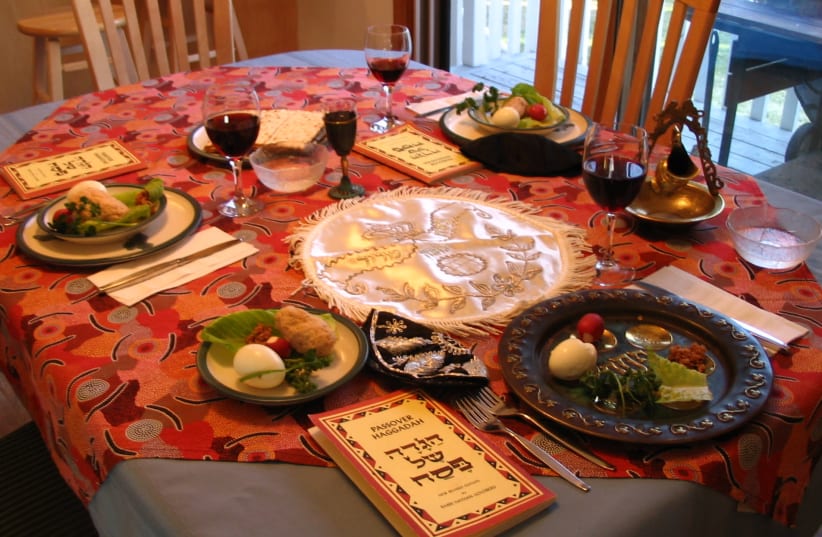Passover commemorates one of the most significant events in Jewish history – the Exodus from Egypt. The Jewish people had been enslaved by the Egyptians for hundreds of years and suffered the indignities of slavery. God saw their distress and sent Moses to Pharaoh with the message of ‘Let my People Go.’ Pharaoh refused to free the Jews, and God sent ten plagues upon the Egyptians, culminating in the tenth plague, in which the firstborn of Egypt died at the stroke of midnight. On the following day, the Jews left Egypt.
The Passover Seder commemorates the events of the Jewish experience in Egypt – from their enslavement to the miraculous events of the Exodus. The Seder is replete with symbols and rituals that convey the story of the Exodus from slavery to redemption. The bitter herbs mark the bitterness of slavery, the four cups of wine celebrate freedom, the matzah commemorates the Jews’ hasty departure from Egypt, which did not allow time for their bread to rise, and the Four Questions convey the importance of the quest for knowledge, which can only be gained by asking and inquiring.
